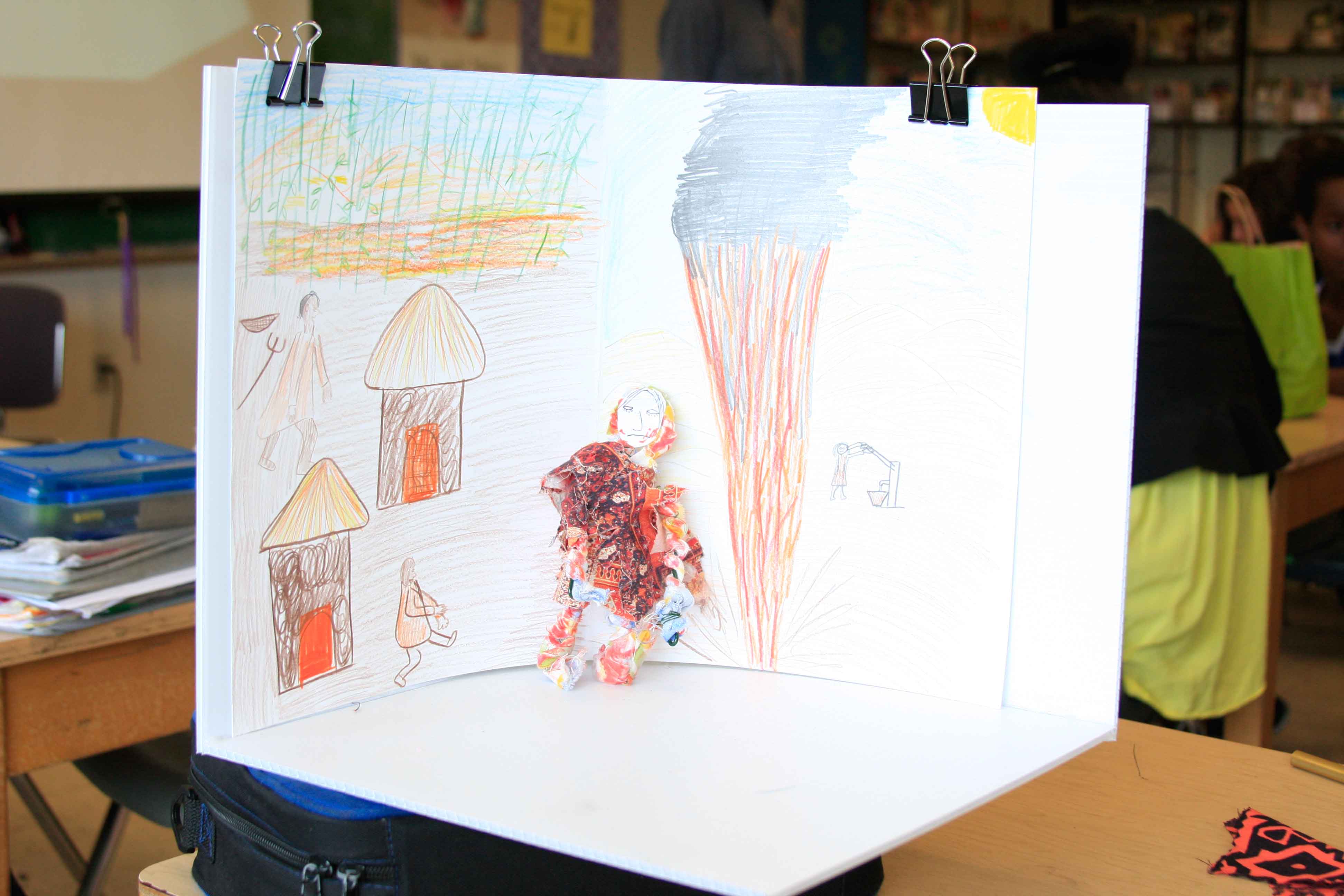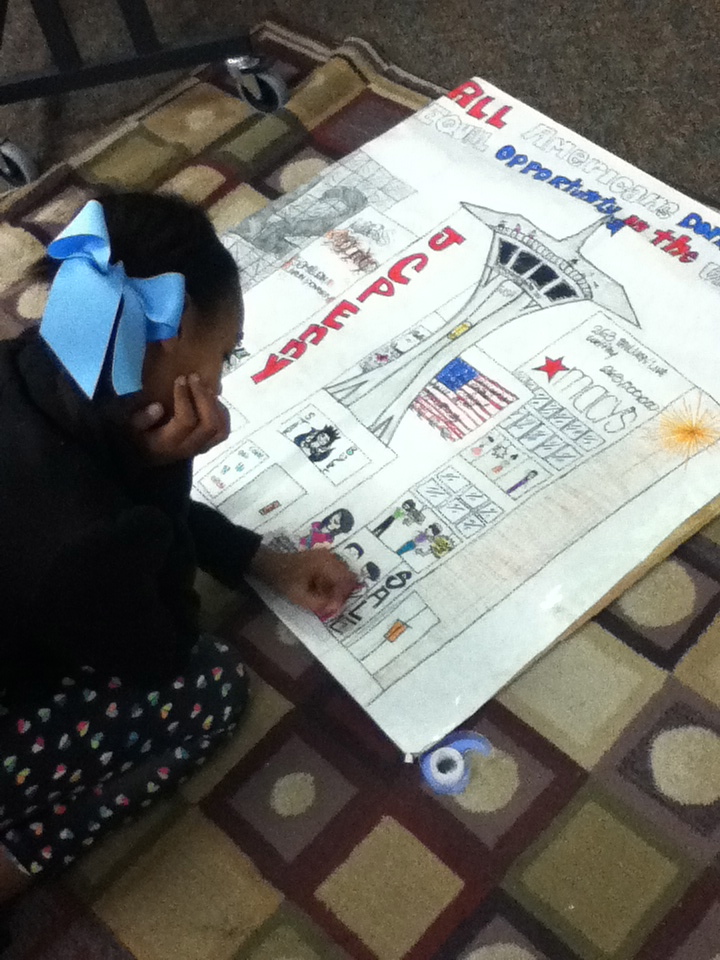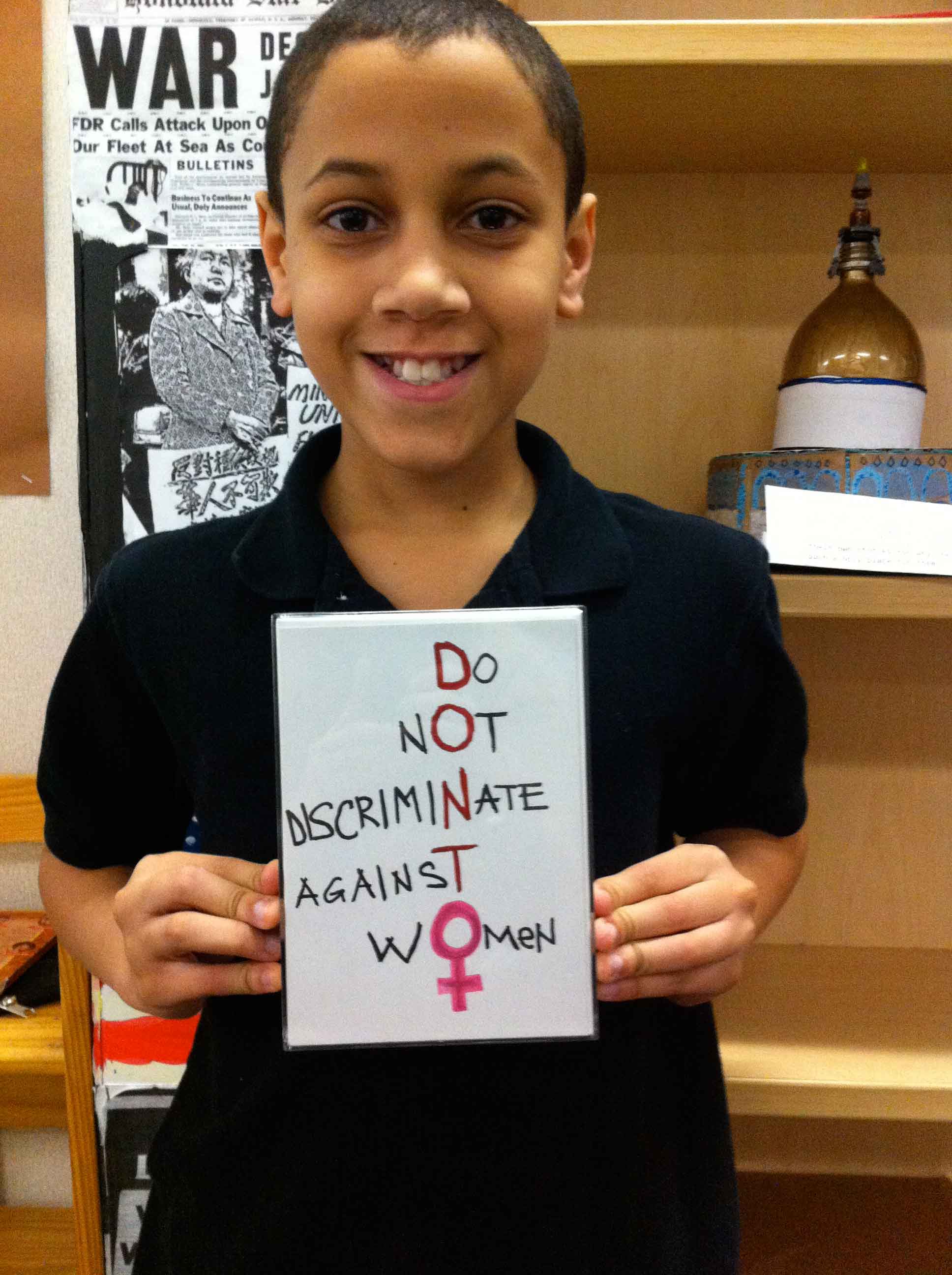A major focus of Arts Corps’ programs is supporting healthy transitions to and from middle school. Why? We all understand that routine is secure and comfortable, while change is unpredictable and risky. Transitions can require difficult adjustments. Recent research shows however, that the effects that difficult transitions have on youth (especially in the middle school years) can last much longer and have much greater impact than we once thought.

Without intentional efforts on the part of teachers and mentors, the path from elementary to middle school can negatively influence students’ academic performance, motivation, engagement, and behavior. Studies have shown that in addition to their immediate detrimental effects, poor middle school transitions are directly correlated with lack of success in high school and beyond (Schwerdt & West 2011). According to a study performed in Philadelphia in 2006, “40 percent of eventual dropouts could be identified on the basis of poor grades, attendance, and behavior as early as 6th grade” (Neild & Balfanz 2006).

So how can we help support healthy and successful transitions during the middle school years? One way is to work toward instilling a growth mindset in our youth through intentional educational practices. A growth mindset, one of four elements of an “academic mindset” proposed by Farrington et al. in 2012 at the University of Chicago Consortium on Chicago School Research, is a belief in one’s own ability and competence to grow with effort. As supported in a study by Blackwell, Trzesniewski and Dweck in 2007, a growth mindset can save a student from spiraling down a path of self-doubt during a time of transitional insecurity.
While a growth mindset can and should be developed in all content areas, we believe arts education is particularly well-suited for cultivating confident and engaged learners. Through Arts Corps’ Creative Schools Initiative (CSI) we integrate arts learning with academic subjects such as history, science, and language arts. In this middle school-focused integration program we encourage a growth mindset by:

-
Encouraging students to set project goals, experiment with different mediums, fail, & learn from their failures.
-
Emphasizing the practice & development of new skills by introducing new artistic techniques.
-
Discussing the malleability of intelligence while teaching students that they can grow their abilities in the arts, reading, math, etc through practice and effort. Talent is developed, not born.
-
Implementing peer & self-evaluation by requiring that students draft their work & evaluate it until it is the best that it can be.
-
Critiquing students’ work with specific feedback & examples so that they understand not only what worked & what they can improve on, but also how they can make those improvements.
How will you instill a growth mindset in today’s youth ?
